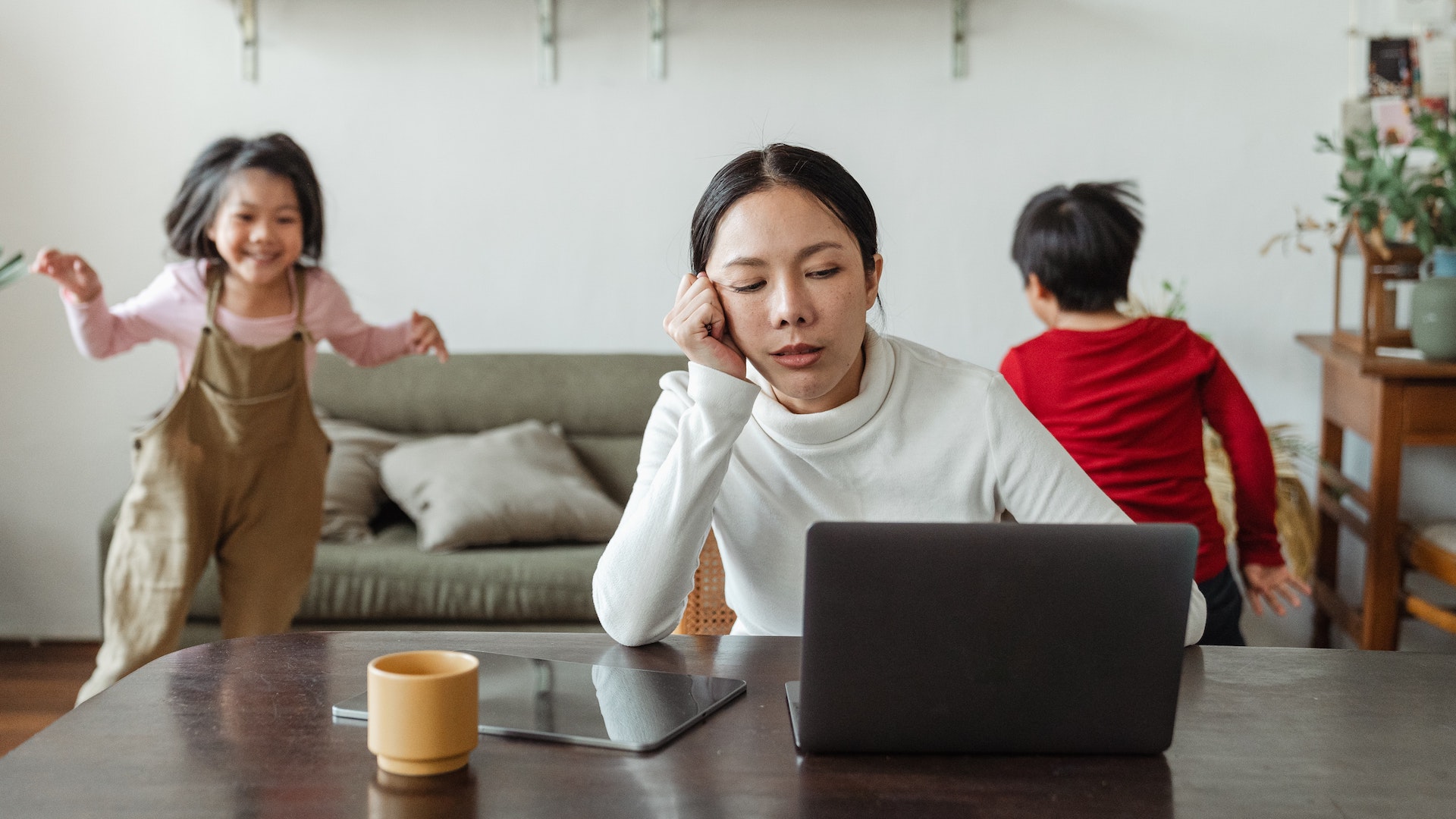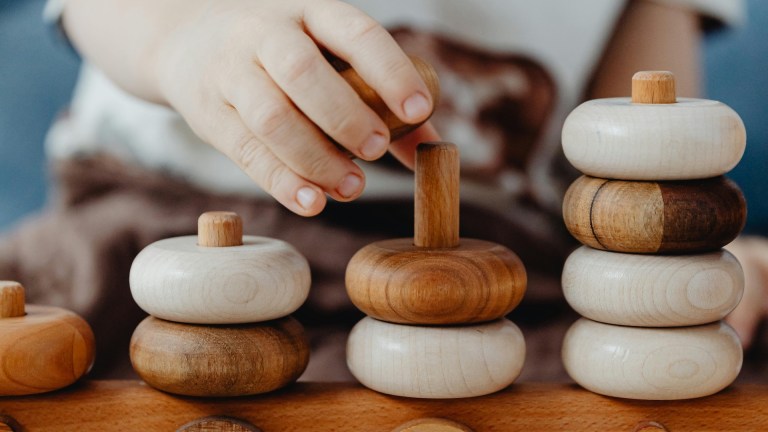However global data from UN Women has suggested that the past 12 months may have set us back as far as 25 years in terms of progress. So where has the COVID-19 fallout been felt most to date?
Gender equality in business
It is well documented that the pandemic has impacted women disproportionately to men in career terms. From job losses and redundancies to heightened work-life pressures and anxieties, women (and particularly mothers) are arguably facing the brunt of the COVID-19 fallout when it comes to their career.
Nearly 60 per cent of women around the world work in the informal economy, which has witnessed damage since the first lockdown restrictions were put in place. Women in these industries earn less, save less and are facing a greater risk of poverty. Industries which are statistically dominated by women, such as the garment industry, hospitality industry, real estate industry and education sector are being pulled apart.
https://twitter.com/The_WorldWeWant/status/1364654140224323595
The closure of schools and childcare facilities has also hit women hard, with University College London reporting that women spent more than twice as much time as men home-schooling during the lockdown. Approximately one in five working mothers surveyed in the summer of 2020 said they considered dropping out of the workforce, at least temporarily – compared with 11 per cent of fathers. An additional 15 per cent of mothers reported considering cutting their hours or switching to a less-demanding role.
Among women with young children, the struggle is especially acute: nearly a quarter say they may take a leave of absence or quit altogether. What’s more, new stats reveal that 71 per cent of working mothers have had their request for flexible furlough rejected. With each damning statistic we are able to join up the dots – women are facing the impracticality of increased unpaid domestic work, whilst balancing paid employment with fewer flexibilities and support systems.
Advertising helps fund Big Issue’s mission to end poverty
Domestic violence
If you speak with some people, they will tell you the concept of ‘lockdown’ gave them a break from the world. Perhaps we learned to cook new recipes, we learned new languages, we finally found the time in amongst the global pause to define what was important to our lives and our personal development. But for some, more often than not women, the concept of ‘isolation’ came at a huge cost. The pandemic’s impact on domestic abuse is incredibly bleak – not just in the UK but across the world.
The UK police reported a 10 per cent increase in cases of domestic violence and calls to helplines rose sharply. Domestic abuse accounted for one in five crimes reported in England and Wales during and immediately after the first national lockdown. The economic hardship of the pandemic has been felt amongst charities just as it has with the consumer, travel and hospitality sectors. Charities estimate women’s refuges are short of £200m needed to support victims of domestic abuse, with many having already been forced to close.
In a month which has already drawn stark reminders that more must be done to educate and repent against atrocities towards women, we are reminded that we are in crucial need of action to enable the safety of females.
Gender equality in education
Education universally has been severely impacted due to the pandemic. Between one and 1.8 million children did not have access to a laptop, desktop or tablet at home for home-schooling and the figure for potential loss in lifetime earnings for children in the UK is estimated to be in the tens of thousands.
Unesco reports that almost 11 million girls globally may not return to school this year due to Covid-19, with new research in the UK finding that girls have reportedly taken on a disproportionate amount of household responsibilities during the pandemic and as such have lost out significantly regarding their progress in education over the past year. What’s more, before Covid-19 Plan International UK found that one in 10 girls aged 14 to 21 couldn’t afford or access period products, a figure which has since tripled since the start of the pandemic.
With the impact to children’s education profound, we are now facing up to a challenge to make up for lost time and provide children with the equal opportunity to the highest standard of education, as they deserve.
Advertising helps fund Big Issue’s mission to end poverty
Mental Health
In adults, the number of individuals showing symptoms of depression has almost doubled since the start of the pandemic, and it is important to recognise just how many have been women. Maternal mental health has been well documented over the past year, with reduced access to support and anxiety over raising a child during the COVID-19 era taking its toll.
When you consider the data mentioned above, across business, domestic violence and education – it’s not hard to see why studies have shown women to be more likely to suffer with feelings of burnout, depression and anxiety since the first lockdown this time last year.
Turning the tide
With the UK excelling in its first dose vaccination rollout, and Boris Johnson revealing a roadmap for an emergence out of the three-month plus lockdown, we approach the future with an air of optimism for a far different reality than that of the past 12 months. But with it, we step into Spring in the silhouette of a damaging year for gender equality progress. The positive is that we have the power to change our course, bound by the lessons of a year which further highlighted the fragility of our equality eco-system.
Drawing attention to the issues, backed by official statistics, we are able to see where our priorities lie – and us such are able to use this period to draw up the blueprint for multi-sector action. If we are to replenish lost gender equality progress, multi-stakeholder collaborations are absolutely paramount. From members of the public, business owners and leaders, organisation heads right through to top-level policy makers, we must accept the weight of responsibility on our shoulders when it comes to regaining concise, strategic momentum with not a minute to spare. We must take the awareness created by discussions such as this, which highlight gross inequalities, and use it to create real meaningful action to shape policies and define priorities. We cannot sit around hopping for things to change, instead we must outrun time, work together and beat the odds.
The next 1-5 years and beyond relies on the collective strength of people, ideas, networks and technologies to pull in the same direction. In February of this year The World We Want launched a Humanifesto , built around four key actions; ACT. BUILD. CHANGE. DO. This four-pillared blueprint is designed to inspire shape-shifting strategies, daring innovations, and purpose-led dialogue with the premise of renewing the momentum towards achieving the SDGs, counteracting lost global progress in 2020 due to Covid-19. One year on since the UK officially locked down – the time for collaborative action is now.
Natasha Mudhar is founder of The World We Want
Advertising helps fund Big Issue’s mission to end poverty










